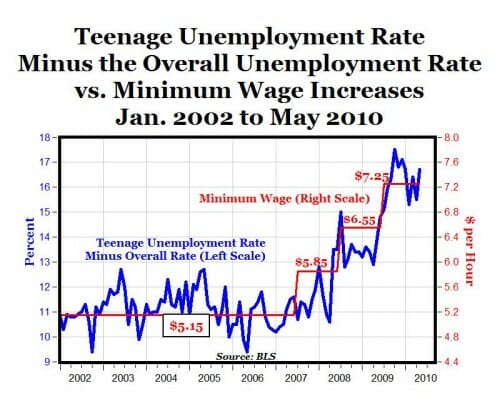Police and Patents of Nobility
I don't have much to add to all the commentary on the Ferguson killing, except to say that many, many examples of police abuse of power are covered by libertarian blogs --but seldom more widely -- so it is nice to see coverage of such an incident hit the mainstream.
Defenders of police will say that police are mostly good people who do a difficult job and they will mostly be right. But here is the problem: In part due to our near fetishization of the police (if you think I exaggerate, come live here in Phoenix with our cult of Joe Arpaio), and in part due to the enormous power of public sector unions, we have made the following mistake:
- We give police more power than the average citizen. They can manhandle other people, drag them into captivity, search and take their stuff, etc.
- We give police less accountability than the average citizen when things go wrong. It is unusual even to get an investigation of their conduct, such investigations are seldom handled by neutral third parties, and they are given numerous breaks in the process no citizen gets.
The combination of these two can be deadly.
Ken White at Popehat writes to some of this
If you are arrested for shooting someone, the police will use everything in their power — lies, false friendship, fear, coercion — to get you to make a statement immediately. That's because they know that the statement is likely to be useful to the prosecution: either it will incriminate you, or it will lock you into one version of events before you've had an opportunity to speak with an adviser or see the evidence against you. You won't have time to make up a story or conform it to the evidence or get your head straight.
But what if a police officer shoots someone? Oh, that's different. Then police unions and officials push for delays and opportunities to review evidence before any interview of the officer. Last December, after a video showed that a cop lied about his shooting of a suspect, the Dallas Police issued a new policy requiring a 72-hour delay after a shooting before an officer can be interviewed, and an opportunity for the officer to review the videos or witness statements about the incident. Has Dallas changed its policy to offer such courtesies to citizens arrested for crimes? Don't be ridiculous. If you or I shoot someone, the police will not delay our interrogation until it is personally convenient. But if the police shoot someone:
New Mexico State Police, which is investigating the shooting, said such interviews hinge on the schedules of investigators and the police officers they are questioning. Sgt. Damyan Brown, a state police spokesman, said the agency has no set timeline for conducting interviews after officer-involved shootings. The Investigations Bureau schedules the interviews at an “agreeable” time for all parties involved, he said.
Cops and other public servants get special treatment because the whole system connives to let them. Take prosecutorial misconduct. If you are accused of breaking the law, your name will be released. If, on appeal, the court finds that you were wrongfully convicted, your name will still be brandished. But if the prosecutor pursuing you breaks the law and violates your rights, will he or she be named? No, usually not. Even if a United States Supreme Court justice is excoriating you for using race-baiting in your closing, she usually won't name you. Even if the Ninth Circuit — the most liberal federal court in the country — overturns your conviction because the prosecutor withheld exculpatory evidence, they usually won't name the prosecutor.
Also see Kevin Williamson.




